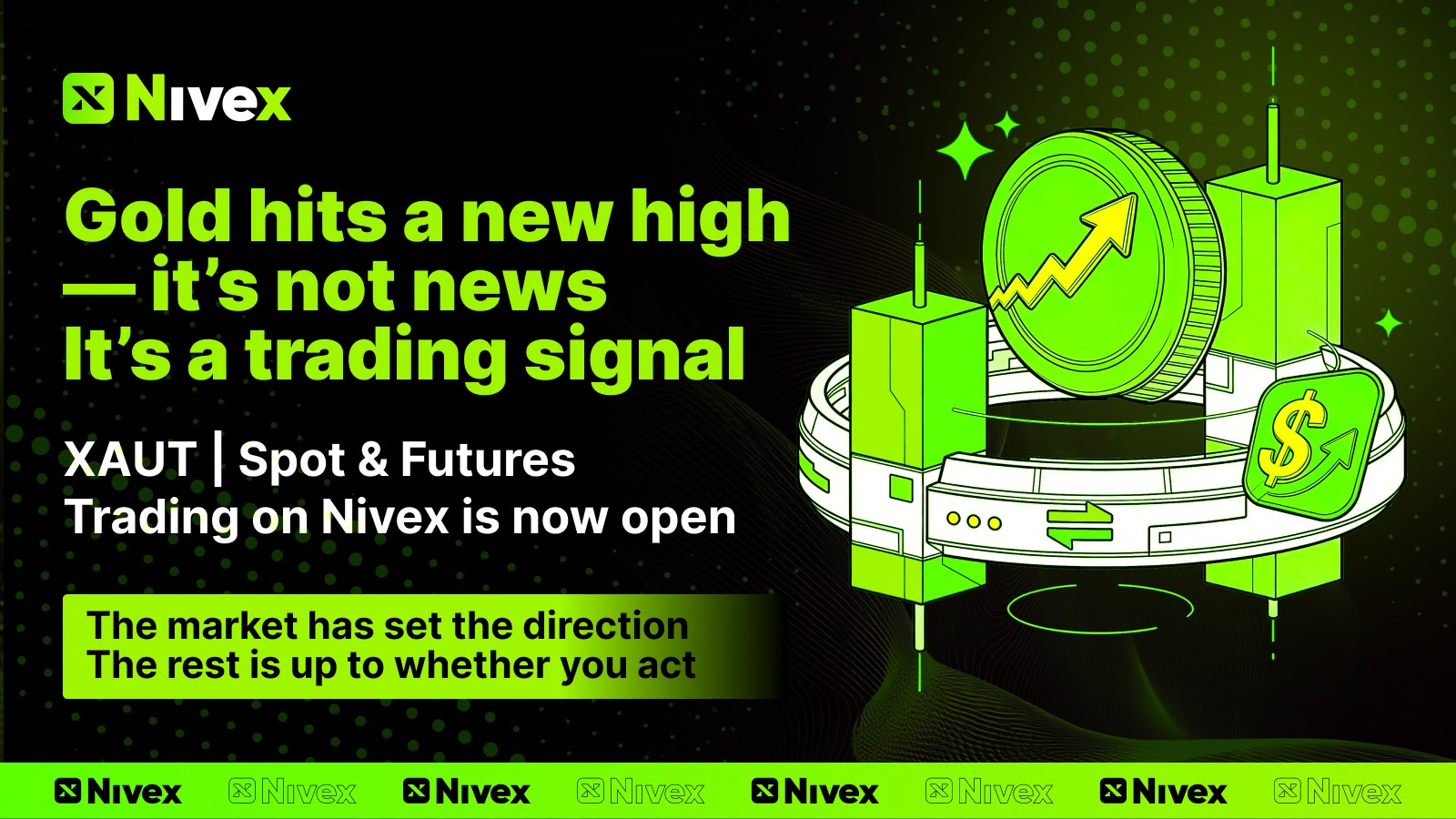Solana’s SOL experienced a notable 36.6% increase in value between Oct. 30 and Nov. 2. However, it failure to breach the $44.50 mark resulted in a 10% correction down to $40 on Nov. 6. This movement has left many investors pondering whether the ecosystem growth and network activity support Solana’s present $16.9 billion market capitalization.
SOL’s peak at $44.50 on Nov. 2 was the highest it had reached since August 2022 and coincided with the Solana Breakpoint 2023 global conference in Amsterdam. The price hype during this period even prompted BitMEX co-founder Arthur Hayes to admit to being a “degen” and investing in SOL, despite referring to the token as “just a meme.”
During the Breakpoint conference, the Solana Foundation unveiled the testnet launch of Firedancer, a new client aimed at enhancing speed and reliability and reducing hardware requirements for validators, addressing a longstanding criticism of the layer-1 blockchain, which offers parallel computing for smart contracts.
Additionally, on Oct. 31, the Solana Foundation announced the availability of its network data set on Google Cloud BigQuery, a serverless data warehouse solution with built-in machine learning and artificial intelligence. This enables developers and companies to access archival data and analytical insights transparently and securely.
On the development front, the Solana Foundation has maintained a consistent level of activity. This includes the approval by validators in September of the v.1.16 update, which introduced confidential transactions for SPL tokens on the Solana network using zero-knowledge proofs.
However, not all news has been positive for Solana, despite its coin’s price performance. For example, on Oct. 17, decentralized liquid staking protocol Lido Finance announced its decision to cease operations on the network, citing unsustainable financials and low fees, which led to a community vote sealing the service’s termination.
The central lingering question is whether the on-chain activity and metrics related to decentralized applications (DApps) support the SOL price hike. Thus, one should analyze how Solana’s on-chain data and ecosystem growth compare with its competitors.
Solana’s reduced total value locked and activity pose considerable risks
Solana’s primary DApp metric began showing weakness in September, with the network’s total value locked (TVL), measuring the amount deposited in its smart contracts, reaching its lowest level in over two years on Nov. 5.

Notably, Solana’s DApp deposits experienced a 30% decrease in 30 days at 9.83 million SOL. As a point of comparison, Ethereum’s TVL in Ether (ETH) declined by 2% during the same period, while BNB Chain saw an 8% decrease in BNB (BNB) terms.
Furthermore, Solana’s low fees and continued development after the FTX-Alameda Research collapse have not necessarily translated into a large number of active users. Solana’s largest decentralized exchange (DEX), Raydium, recorded only 17,380 active addresses in the past 30 days. Similarly, Solana’s most widely used game, Star Atlas, had 12,420 unique addresses during the same period.
In contrast, BNB Chain-based DEX PancakeSwap boasted 513,060 active addresses in the last 30 days, and its Stargate game had 106,400 users. Meanwhile, Avalanche-based DEX Trader Joe garnered 54,130 active addresses, and its leading game, Galxe, had 32,040 unique addresses.
Perhaps more concerning is that Solana’s DApp volume reached $609 million in the last 30 days, as reported by DappRadar. This number pales in comparison to BNB Chain’s $11 billion, Polygon’s $5.3 billion and Avalanche’s $727 million in volume.

In addition to these issues, criticism has arisen regarding the need for Know Your Customer and Anti-Money Laundering requirements to become a network validator, as highlighted by user StakeWithPride on X (formerly Twitter).
To add to the concerns, X user Arixon.eth revealed that out of 1,997 validators, 1,818 received delegations from the Solana Foundation or Alameda, accounting for nearly 90% of all validators.
These participants effectively delegated 106 million SOL from these two entities, raising questions about centralization and dissatisfaction among SOL tokenholders, both concerning the validators and development subsidies as well as the comparatively small DApp user base in relation to other networks. Ultimately, Solana’s on-chain activity contradicts the recent price surge and does not support further price increases.



All Comments